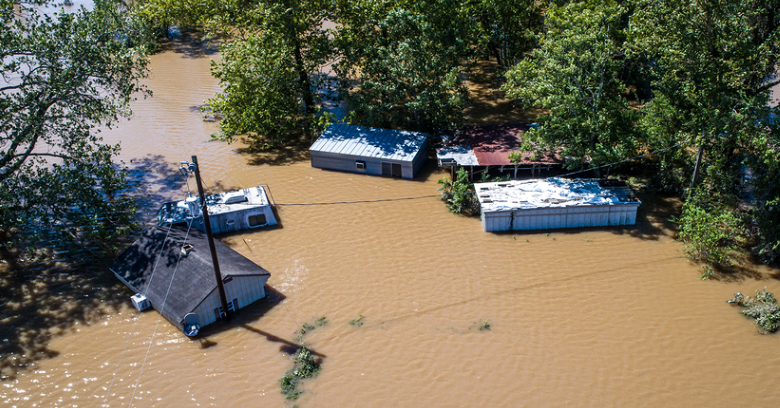Protecting your home with the right insurance coverage from a home owners insurance agency is an important part of home ownership.
How much you pay for your policy will depend on a number of variables, including those listed in Part 1 of this article.
Below are some additional factors that can affect how homeowners insurance agents determine the value of your house and how much your home insurance policy will be.
7. Swimming Pool on Property
Swimming pools present an additional liability risk factor that increases the amount needed and cost of any homeowners insurance policy.
Home owners insurance agents typically recommend that owners with pools carry additional liability insurance, increasing coverage from $300,000 to $500,000.
This can add $50 to $100 per year to the cost of the policy; however, it’s essential coverage that should not be waived.
8. Breed of Household Dogs
Certain breeds of dogs like Pitbulls, Rottweilers, and some others are viewed by many home owners insurance agencies as dangerous breeds that are more likely to bite.
Based on this opinion, owners of certain dog breeds may be asked to increase liability coverage, sign a liability bite waiver, take the dog for obedience training, or meet some other requirement depending on the breed, dog’s history, and many other factors.
9. Policy Deductible
Home insurance deductibles work the same as those that apply to any other insurance policy, i.e., the higher the deductible you are willing to pay if you file a claim, the lower your policy will be and vice-versa.
Discuss the difference in premium with your homeowners insurance agent as raising the deductible from $500 to $1,000 could result in a savings of as much as 25% of that particular coverage.
10. Credit History
Insurers in most states, including Texas, review credit history as a marker of payment risk, sometimes using this information to calculate home insurance premium rates.
Factors like length of credit history, payment history, outstanding debt, types of credit you have, and whether you have sought more credit can all affect your rates.
11. Insurance Score
Similar to your credit score, your insurance score is another determinant of how great of a financial risk you are for the homeowners insurance agency.
Risk factors considered in determining your insurance score are:
- Having a debt in default.
- Carrying high balances on your credit cards.
- Having had a tax lien, bankruptcy, or a court judgment.
- Having had your wages garnished.
If you’ve had none of these, you are considered a good risk and will appreciate the benefit of a lower home premium.
12. Claims History
Research on the topic suggests that homeowners with a history of frequent claims to their insurance policy are likely to continue making such claims in the future.
As such, if you’ve made a lot of claims in the past even at previous residences, you could see a higher rate than if you’ve hardly made any claims at all.
Reduce Risk and Get Better Home Insurance Rates
If you own a home in Texas, protect it effectively by purchasing an insurance policy written by an experienced homeowners insurance agent.
If you have a mortgage, your financier will require you to carry appropriate home insurance to protect this investment.
In either case, while there are some details that affect your rate that you can’t change, there are others that you can work with to get a better premium rate.
Work with your home owners insurance agency to find the best ways to lower yours while maintaining adequate coverage!
If you missed What Factors Affect My Texas Home Insurance Rates - Part 1, click here to read the first part of this 2-part series!





